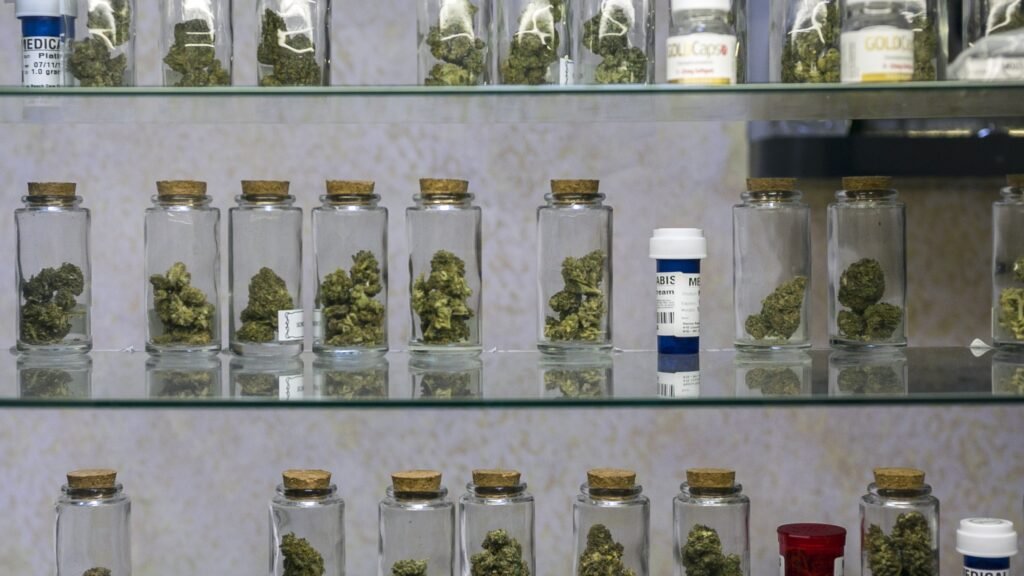The landscape of cannabis access in the United States has seen significant shifts in recent years, with Colorado once serving as a haven for families seeking medical marijuana products. However, newly passed legislation closing the “hemp loophole” has sparked concerns among advocates, potentially limiting access to essential cannabis-derived products.
The legislation, which aims to restrict intoxicating THC products and impose a low cap on THC concentration, could have far-reaching implications for consumers nationwide. With the market flooded with products featuring synthetically derived THCs like delta-8 and delta-10, the closure of the loophole threatens to disrupt the access to a wide range of cannabis products, including non-intoxicating CBD items.
While the move to regulate hemp-derived products is seen as a necessary step to address safety concerns and unscrupulous players in the industry, the potential impact on patients who rely on these products for a variety of health conditions cannot be overlooked. Many individuals have found relief from chronic pain, epilepsy, anxiety, and other ailments through the use of CBD and THC products, and losing access to these treatments could be devastating.
Despite the concerns raised by patient advocates and industry insiders, the closure of the hemp loophole represents a significant shift in the regulatory landscape surrounding cannabis products. While some experts acknowledge the need for regulation to ensure product safety, others worry that the new legislation could drive consumers back to the illicit market, undermining the progress made in establishing a legal and regulated cannabis industry.
As the debate over cannabis access continues to unfold, it is clear that finding a balance between regulation and patient access will be crucial. Advocates argue that it is possible to close the loophole without depriving individuals of essential treatments, emphasizing the importance of crafting legislation that protects both consumers and the integrity of the industry.
Ultimately, the closure of the hemp loophole highlights the complex and evolving nature of cannabis policy in the United States. As lawmakers grapple with the challenges of regulating a rapidly growing industry, the need to strike a balance between safety, access, and innovation remains paramount.


